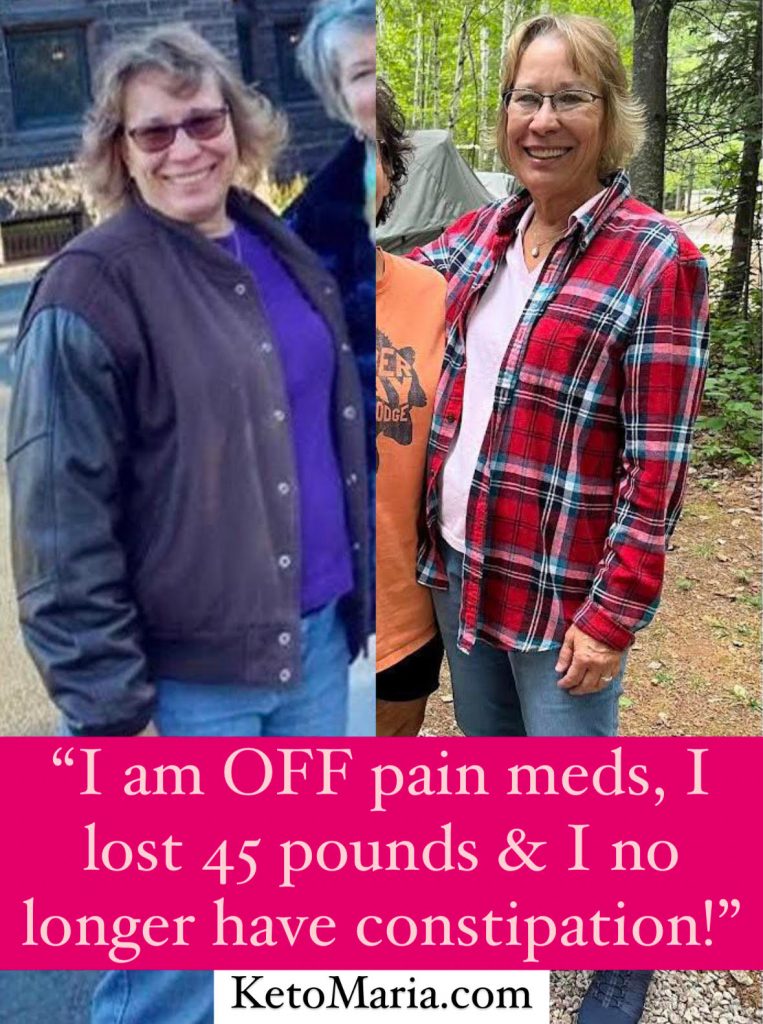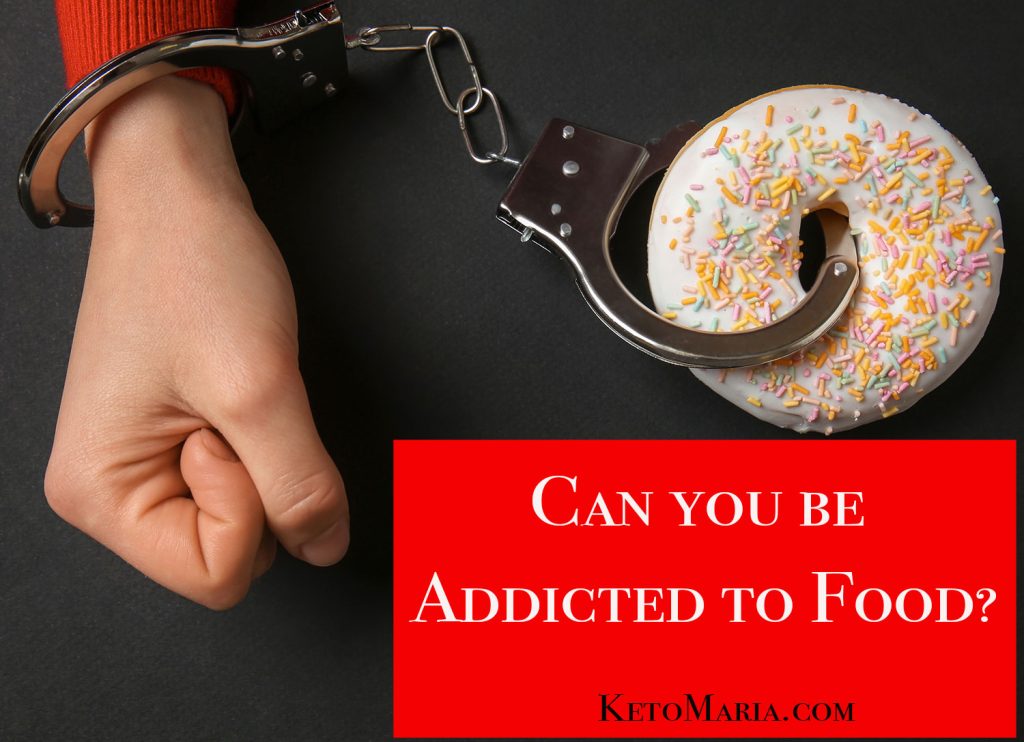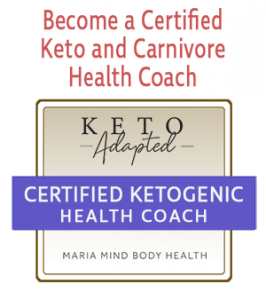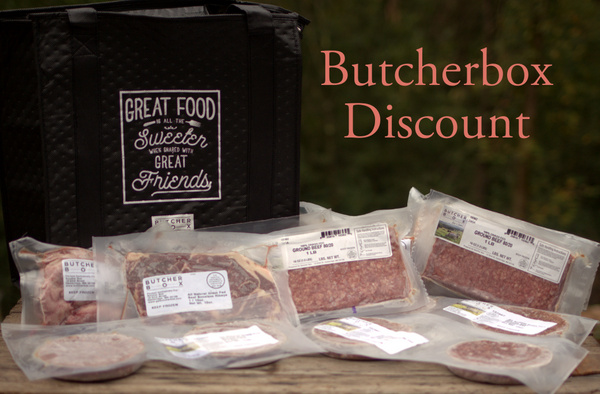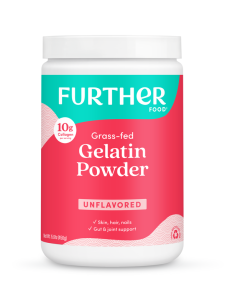Can You be Addicted to Food?
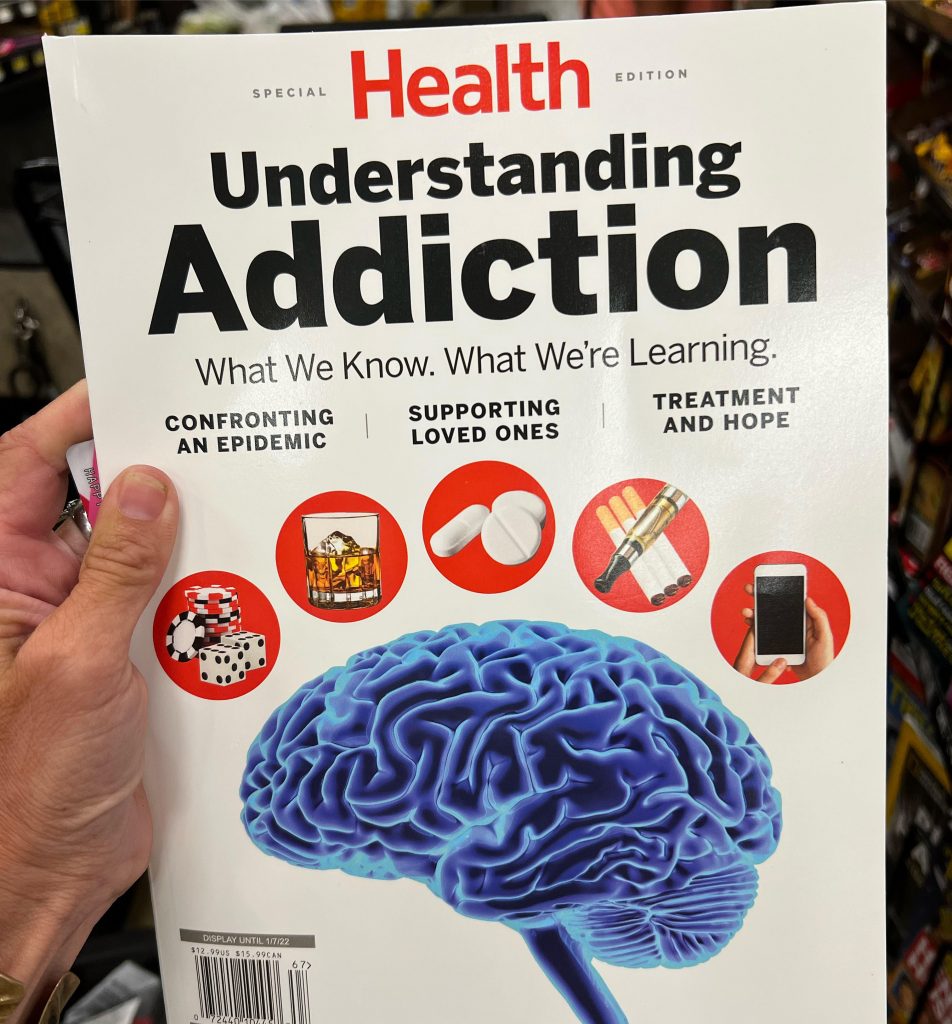
This magazine cover caught my attention at the checkout the other day. I am surprised that food addiction was not included in this article, yet they included technology…
Food addiction is real! Every single day, I help clients deal with this harmful addiction which is extremely hard to deal with. However, you will never see food addiction in the dictionary. The majority of people do not want to admit that something we need to consume everyday could become a problem.
I became my best self by getting rid of my food addictions. My depression went away, my PCOS healed, my acid reflux disappeared and I no longer suffered with IBS! On top of that, I lost 80 pounds!
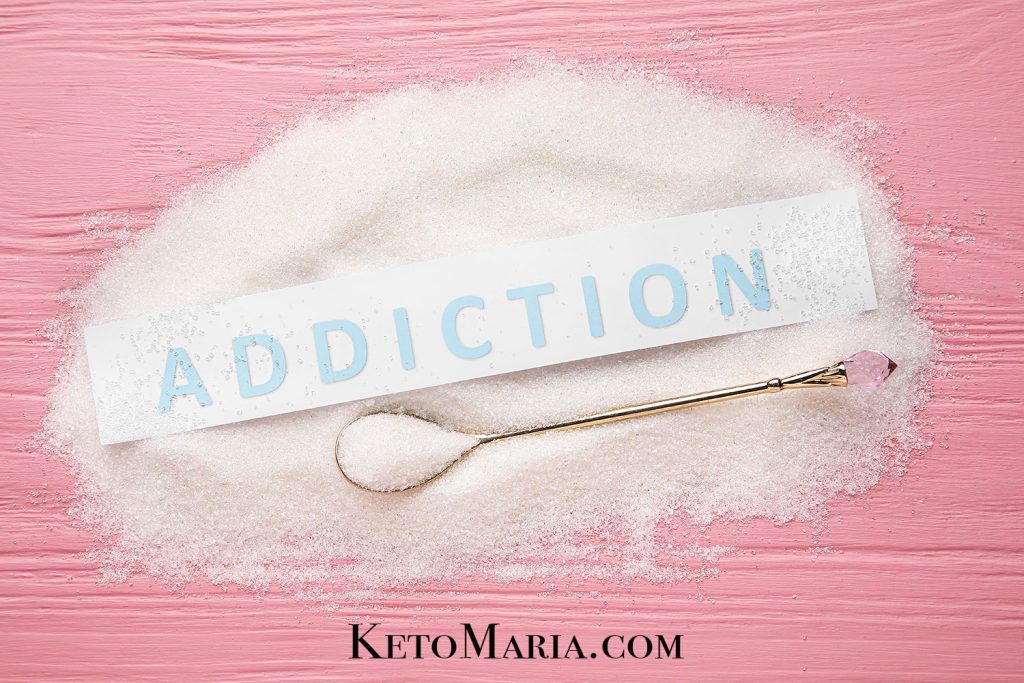
What is Food Addiction?
Food addiction refers to a behavioral pattern where individuals develop a dependence on certain types of food, often characterized by a loss of control, cravings, and continued consumption despite negative consequences. This concept is based on similarities between certain eating behaviors and substance addiction.
Here are some key points related to food addiction:
- Brain Reward System:
- Certain foods, especially those high in sugar and fat, can activate the brain’s reward system, releasing neurotransmitters like dopamine. This activation is similar to what occurs with addictive substances, leading to pleasurable feelings and reinforcing the desire to consume such foods. This is why I have so many clients that are successful with beating their food addiction when they follow a well formulated protein-forward ketogenic or carnivore diet.
- Cravings and Loss of Control:
- People experiencing food addiction may have intense cravings for specific types of food, leading to a loss of control over their eating habits. This loss of control can result in overeating, even when individuals are aware of the negative consequences.
- Tolerance and Withdrawal:
- Some proponents of the food addiction concept argue that individuals may develop tolerance to certain foods, requiring increased quantities to achieve the same level of satisfaction. Additionally, they suggest that withdrawal symptoms, such as irritability and cravings, may occur when these foods are restricted. Sugar withdraw is real, but luckily with consistency it is short-lived and you will soon reap the rewards of your efforts once you eliminate sugar and carbohydrates from your diet.
- Neurobiological Factors:
- Research suggests that certain individuals may be more susceptible to food addiction due to neurobiological factors. Genetic predisposition, alterations in brain chemistry, and hormonal imbalances may contribute to the development of addictive-like eating behaviors.
- Debates in the Scientific Community:
- The concept of food addiction is not universally accepted in the scientific community. Some argue that eating is a complex behavior influenced by various factors, including genetics, environment, and psychology. Others emphasize the importance of addressing emotional and psychological aspects of eating rather than labeling it as an addiction.
- Treatment Approaches:
- If someone believes they are struggling with food addiction, seeking support from healthcare professionals, psychologists, or addiction specialists, can be beneficial. Treatment may involve behavioral therapy, counseling, and support groups. This is an important step that shouldn’t be ignored and should be a part of your well-formulated ketogenic or carnivore diet journey if you are struggling with food addiction.
- Healthy Eating Habits:
- Establishing and maintaining healthy eating habits is crucial for overall well-being. This includes consuming a nutrient dense low carb whole food diet, avoiding artificial and toxic ingredients, processed packaged “keto” foods, and being mindful of emotional triggers that may lead to overeating.
If you or someone you know is struggling with food addiction, seeking professional guidance can be a crucial step in addressing and managing these challenges.
Addressing Food Addiction
You can avoid alcohol, you can avoid drugs. But you need to eat. Food is unavoidable.
When someone tries to cut alcohol or drugs, everyone is very respectful and tries to help. However, when someone tries to cut sugar or processed carbs out of their life, the food pushers come from everywhere!
When I cut sugar and carbs out of my life, it was because I was terribly sick! I was only 16 yet family members kept trying to tempt me with my favorite foods.
Why are people triggered when we change our diet? Why do they try to get us to fail?
Remember, that is about them! Not about you!
How has beating food addiction healed you?
TESTIMONY OF THE DAY

“Hi Maria, here’s my before and after, so far 45 pounds gone!
With your guidance and personal Health Assessment I lost weight, quit coffee and alcohol, I am off pain medication, and am no longer constipated!
I can lay on my stomach without hurting!
It’s money well spent and I thank you and your coaches who truly are an inspiration!” -Lori
Most people I consult are doing keto totally wrong. Get fast results with the my Mind-blowing Keto School!
Click HERE to check out my supplement plans!
